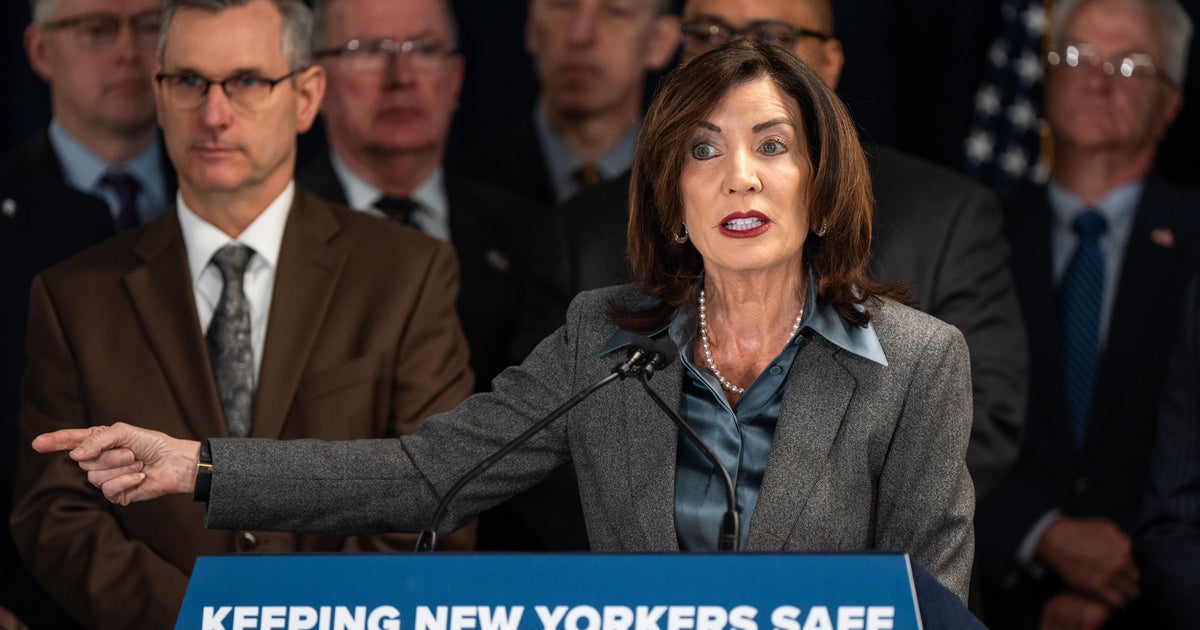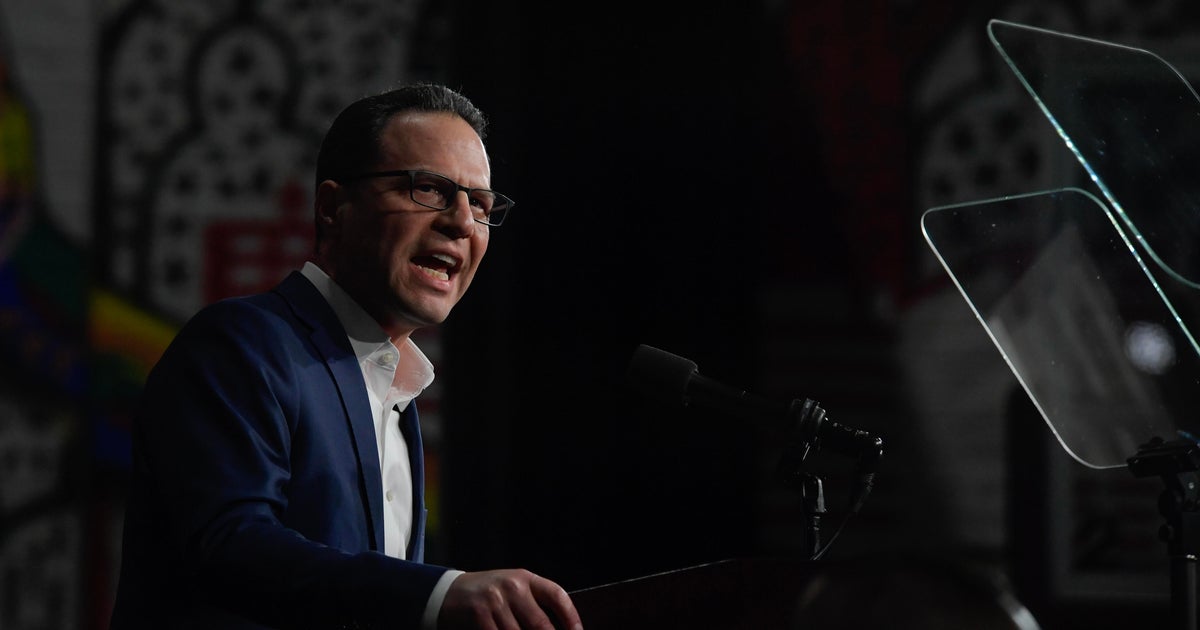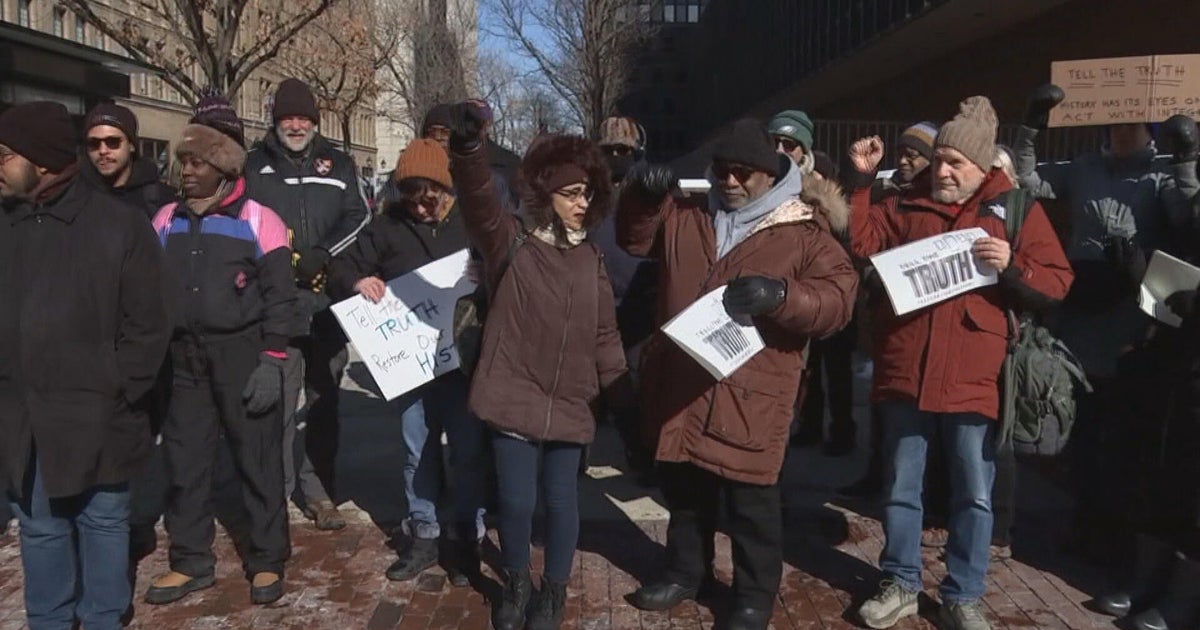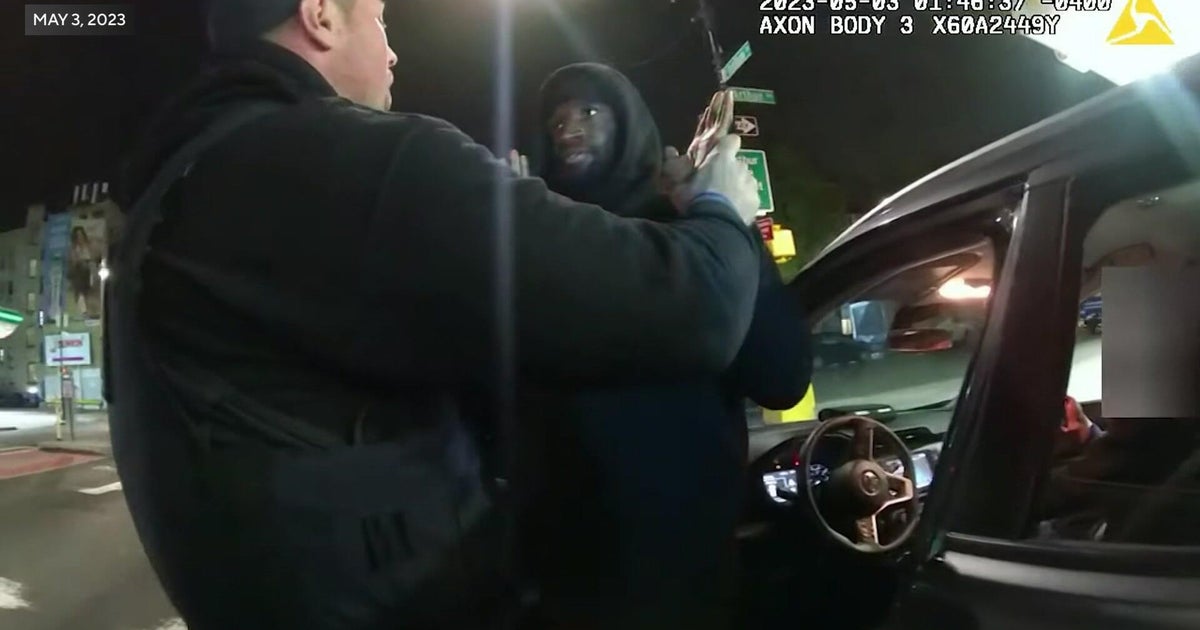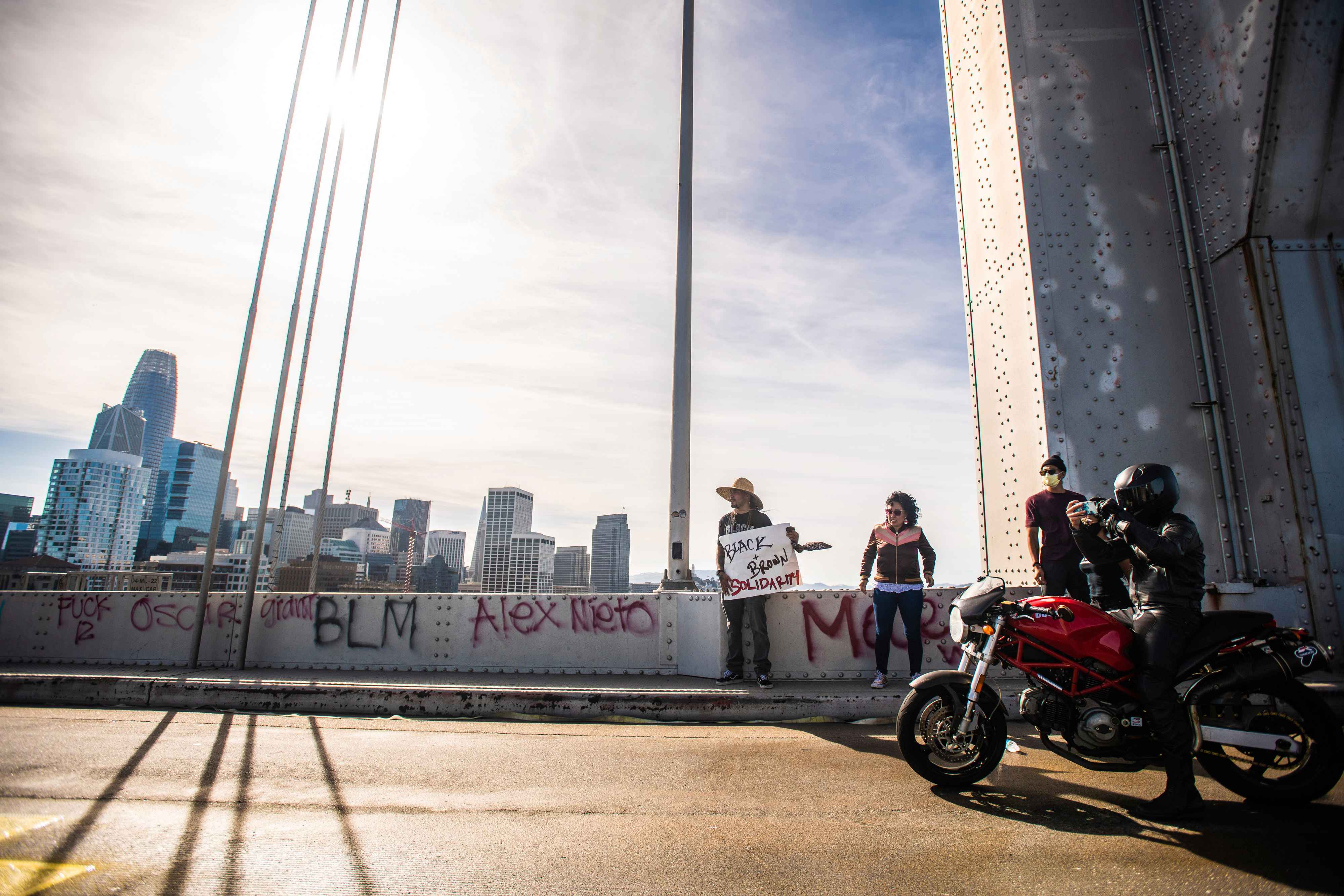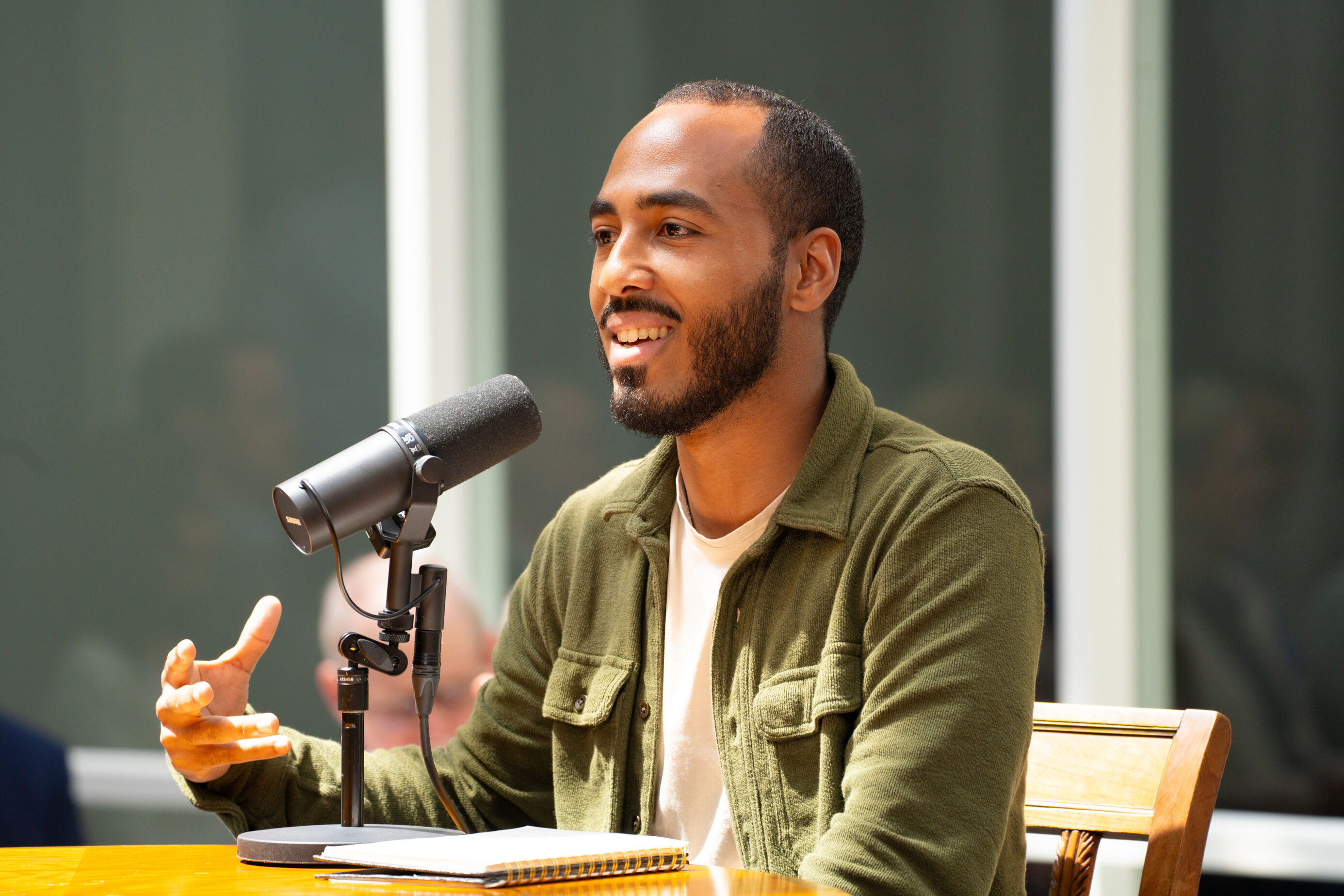New York Gov. Kathy Hochul signs controversial legislation to create slavery reparations commission
NEW YORK -- New York Gov. Kathy Hochul signed historic racial justice legislation on Tuesday, creating a committee to consider reparations for slavery.
The new law authorizes the creation of a community commission that will study the history of slavery in New York state and what reparations could look like.
"You can see the unreckoned-with impacts of slavery in things such as Black poverty, Black maternal mortality," said Nicole Carty, executive director of the group Get Free.
Activists like Carty said the new law was a long time coming. She helped advocate for the bill, which was sponsored by Assemblywoman Michaelle Solages, after the racially motivated Buffalo mass shooting.
"We saw that monster come into the community and kill 12 Black New Yorkers," Solages said.
READ MORE: New York lawmakers OK bill to consider reparations for slavery: "Historic"
The signing took place at the New York Historical Society on the Upper West Side, just down the hall from the Frederick Douglass exhibit.
Slavery was abolished in New York in 1827 and officially across the us in 1863, but it was followed by racial segregation practices like Jim Crow and redlining -- denying loans to people based on race and neighborhoods, impacting generations.
"I'm from Long Island. There is the first suburb of Levittown, one of the greatest housing programs that we could have in this country and Black New Yorkers were excluded from that," Solages said.
"Look at today, where we still see Blacks making 70 cents to every dollar whites make," the Rev. Al Sharpton said.
Leaders like Sharpton say the commission comes at a challenging time in America.
A 2021 Pew Research survey showed 77% of Black Americans support reparations, compared with only 18% of white Americans.
Advocates say prior to the Revolutionary War there were more enslaved Africans in New York City than in other city, except for Charleston, South Carolina. The population of enslaved Africans accounted for 20% of New York's population.
"Let's be clear about what reparations means. It doesn't mean fixing the past, undoing what happened. We can't do that. No one can. But it does mean more than giving people a simple apology 150 years later. This bill makes it possible to have a conversation, a reasoned debate about what we want the future to look like. And I can think of nothing more democratic than that," Hochul said.
"We do have a governor who is honest enough to say out loud that this is hard, honest enough to say she knows there will be pushback," state Senate Majority Leader Andrea Stewart-Cousins said.
The committee will be made up of nine members who will be appointed over the next six months. They'll have a year to draft the report before presenting it to the public.
"Our generation desires leaders who are willing to confront our true history," student advocate J.J. Brisco said.
The next generation is hopeful this groundbreaking moment will shed some light on a dark past.
New York is the second state in the country to study reparations after California.

